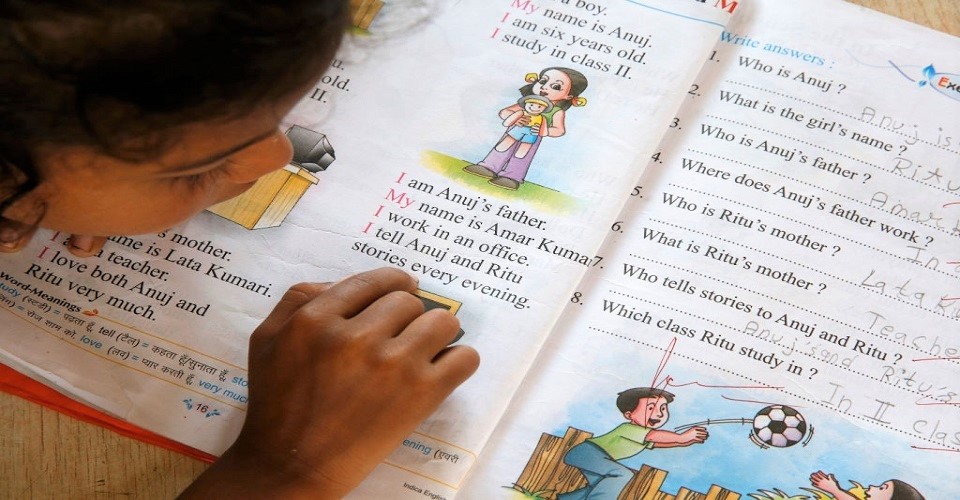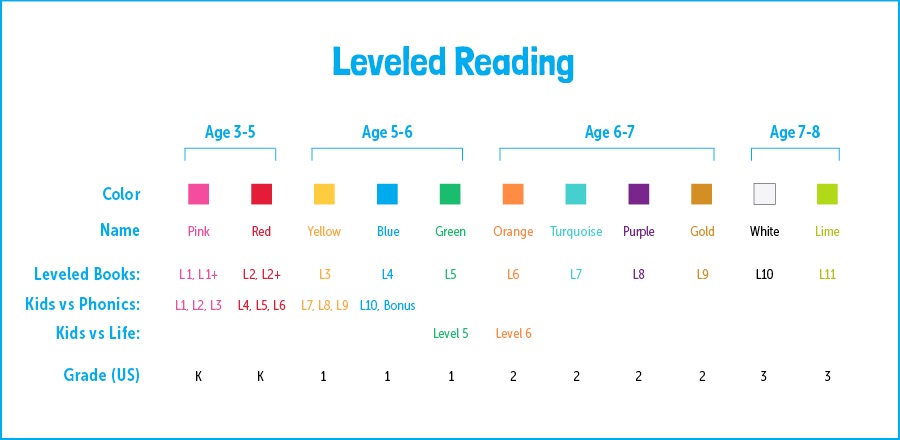
Each child is unique in its own way, however, if a child starts to drop behind in reading then identifying the problem with SEN teacher training online is incredibly important. Helping a child to develop strong reading skills is critical for them to flourish truthfully. As a special education teacher, you need to find out their interests...are they bored with cars and fascinated by dinosaurs? Try to choose those study materials that will make a child enthusiastic to read!
You may sometimes come across a few common situations where a child can tell you if there is too much text or if the words are too big. The early years are formative because until 3rd grade, apprentices naturally continue to learn how to read, but in special education, you need to give your 200% extra affectionate efforts.
Wondering how to interpret various reading levels of your learners?
Are you looking for suitable study materials for a learner’s reading aptitude?
Well, this guide will help you with getting the appropriate books to learners.
What do you visualize when you think about special education? Well, the field of special education has moved onward and much has transformed. In special education, the teaching professionals aid the special child to receive his/her education that may be very different from what another child receives. It is accurately tailored to meet the needs of students with special needs.
"Special education refers to a range of services that can be provided in different ways and in
different settings."
To be suitable for special education services, a learner must:
IDEA is the Individuals with Disabilities Education Act (IDEA) is the federal law that defines and regulates special education. The law requires public schools to provide special education services to children aged from 3 to 21 years who meet certain criteria.
Now let’s come to the main subject of our discussion, steps to choose books at a child's reading level!
Incorporate these steps to find books at the right level for a child:
1. Identify A Child's Measured Reading Level
Numerous publishers as well as independent companies unify books based on different reading levels of the reader. These levels usually can be resolute by text difficulty, curriculum standards, reading comprehension, along with some other criteria. You can get a rough idea by using the San Diego Quick Assessment of Reading Ability.

2. Try the Five-fingers Vocabulary Check
Well, sometimes it is problematic to know if a book is going to be too easy or too hard for the child by just looking at it, no matter what. Try the five-fingers vocabulary check, ask your student to hold up five fingers and read one page of a book. Each time your learner doesn't know a word, put one finger down. If all the five fingers end up down, the book is too tough for him/her. The Five Finger test is a swift and easy way to "test" a book before spending too much time with it.
3. Get the Book that is a Good Fit for You
Well, if most of your answers were "yes", this will be an informal book to read independently by yourself for your special needs learner. Pick up a book and have your student flip through the first few pages. Try to select materials that will make your student enthusiastic to read!
4. Do a Quick Comprehension Check
Make sure your student really understands the book well. Ask your student to give a pause after reading a few pages and tell you about what was just read. If your student is considering
a new text, deliver a bit of contextual knowledge along with some context about the book's
subject if you can. Here, if you’re giving the background knowledge for a book then talk
about an important word they'll get in the text.
Along with the above-mentioned points, with SEN teacher training online you can identify
your special needs learners in a better way. Try to reassure your students to use their thoughts
to come up with the silliest sentences they can, by using words that comprise a certain
spelling form. Give your students the chance to choose the books they want to read. Ask a
question at the end of each page and have a conversation with your special needs learner
(try).
All of these learning approaches also work well at home.
Get In Touch
UK – Registered OfficeAsian College Of Teachers Ltd (UK)
27, Old Gloucester Street, London – WC1N 3AX, UK
UK Toll Free:Â 0-808-189-1203
www.asiancollegeofteachers.co.uk
All SEN Courses are designed, developed and created by Asian College of Teachers Ltd, United Kingdom. These courses are certified by CPD Certification Service UK and endorsed by NCC Education, UK, and Short Courses from CACHE, UK through Laser Learning UK.
Asian College of Teachers (ACT) undertakes a continuous review of its teacher training courses to ensure imparting high quality education. However, there might be circumstances outside of ACT’s control which might affect its stakeholders like if you are planning to teach in a different country, applying for a teaching license, pursuing higher studies or trying to get the certificate approved by the Ministry of Education (MoE) of a particular country then you can do so with the certificate issued by Asian College of Teachers (ACT). However, each country’s Ministry of Education (MoE) or educational bodies set certain standards that are indispensable for the pursuit of higher studies or teaching in schools in that country. So it can be a possibility that you may be able to use the certificate for higher studies or teaching purposes in one country and not in another. Therefore, we strongly recommend that you investigate thoroughly and check with the relevant authorities regarding the acceptance of the certificate issued by us before you enrol on a particular course. ACT strives to offer high-quality education and its certificates can be valuable for various purposes internationally, but still it is crucial for individuals to verify the specific recognition of the certificate in the country they intend to use it, especially for formal education or professional licensing purposes. This approach ensures that the stakeholders make informed decisions regarding their educational and career paths.
© 2024 Asian College of Teachers. All Rights Reserved. Asian College Of Teachers is a trading brand of TTA Training Pvt. Ltd (India) - CIN U80902WB2016PTC215839, Asia Teachers Training Co., Ltd (Thailand) - Registration No. 0105558193360, Asian College Of Teachers Ltd (UK) - Company Number 9939942 & Asian College Of Teachers LLC, (USA) - Federal Tax Identification Number 30-1261596
Designed by kreativewebtech